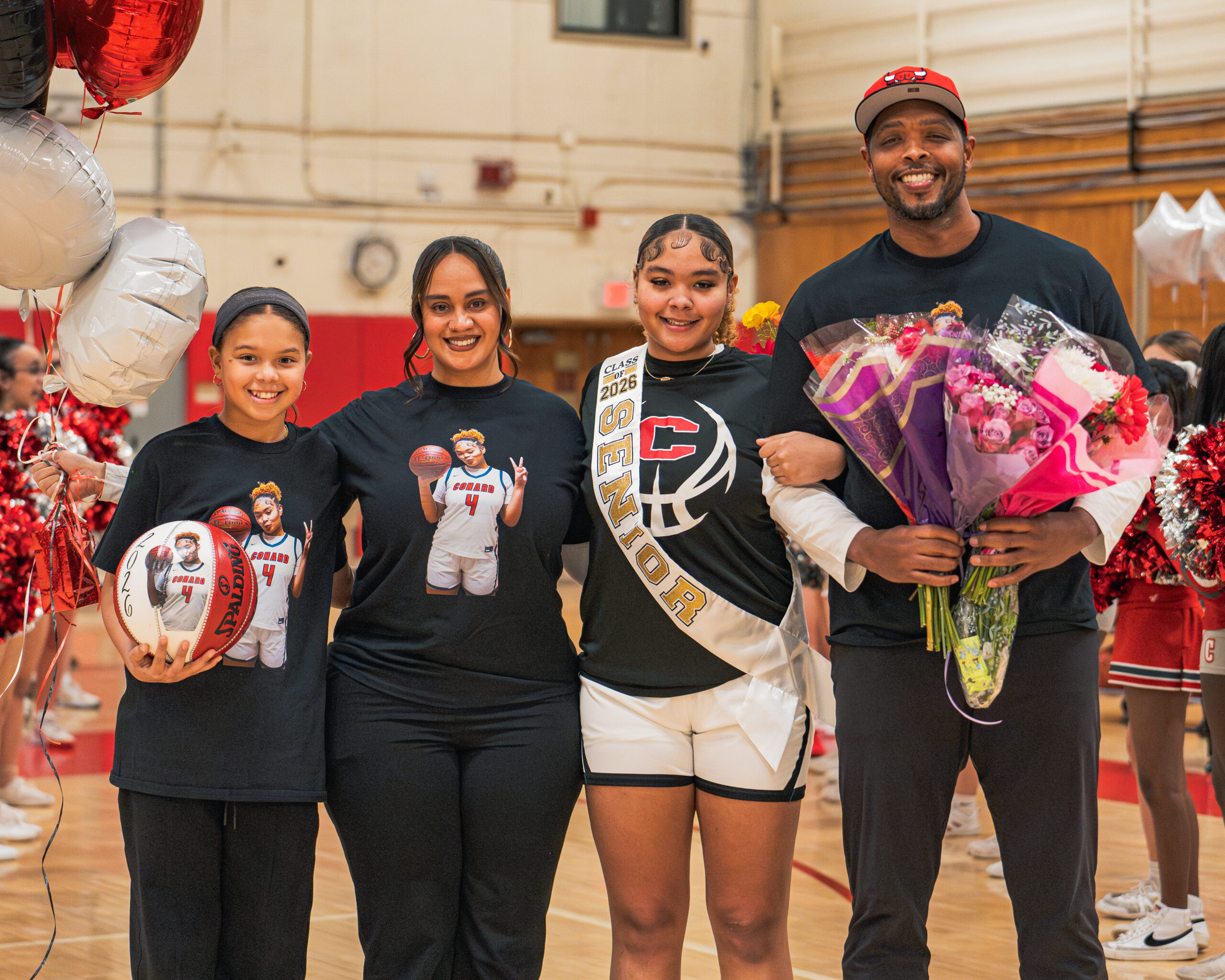‘You Can’t Fault the Book’

Audio By Carbonatix

Book display. Photo credit: Theresa O'Donnell
How West Hartford Public Schools approaches books that residents might consider controversial.
By Grayson Rivers
Following what PEN America calls an “unprecedented” surge in book bannings, Tom Paleologopoulos, English Language Arts Department Supervisor at Hall High School, issued a statement clarifying the West Hartford Public Schools protocol on book challenges.
“We do not have a banned book policy,” Paleologopoulos said. “[Parents] get to say ‘I don’t want my child to read that book.’ You don’t get to say ‘I don’t want any child to read that book.’” This guiding principle is reflected in the Equity Statement provided to students in their English class syllabuses.
Paleologopoulos went on to stress the distinction between Hall’s English and Library Media Services departments. While parents cannot request a book be removed from Hall’s English curriculum, any West Hartford resident can complete an online Educational Materials Inquiry Form, though it is required that the entirety of the book be read.
Library Media Specialist at Hall Monica Vaida weighed in on the library department’s book challenge protocol, saying that in her 12 years holding her position, she has never had to handle a formal book challenge at Hall. She attributes the book banning phenomenon mostly passing Hall by to West Harford’s progressive views.
The first step, she says, when a parent is concerned about the appropriateness of a library book, they will be invited to a formal discussion, where a librarian can provide their rationale for why a particular book was chosen.
“There’s only been one or two books that I didn’t want in my library,” Vaida said. These novels didn’t pass her careful research process, which entails a deep dive into book reviews and – as often as possible – a complete reading of the text. “At the high school level,” she continues, “part of the problem is that students and staff like adult-level books.”
These “adult-level” books appear most often in Hall’s Honors and Advanced Placement English courses, where assigned literature must provide the rigor of a college curriculum. Paleologopoulos and his team of English teachers will choose these books in a research process similar to Hall’s librarians’.
“When you have a multi-ethnic population, you have to use multi-ethnic authors and titles and books,” Paleologopoulos said. Getting at the importance of educating students on multiple sides of an issue, he went on to say, “If you find a book that supports the perspective of A, but there are also a lot of books that inform the perspective of B, then you just didn’t do your research.”
Like what you see here? Click here to subscribe to We-Ha’s newsletter so you’ll always be in the know about what’s happening in West Hartford! Click the blue button below to become a supporter of We-Ha.com and our efforts to continue producing quality journalism.



